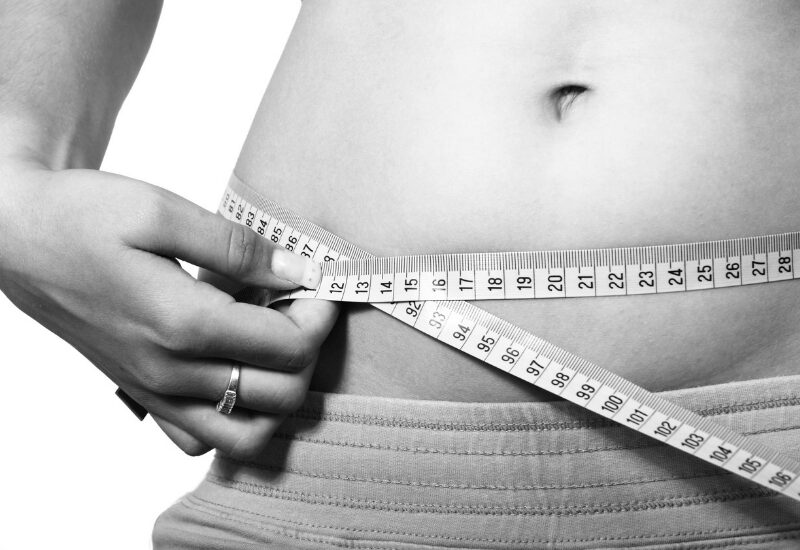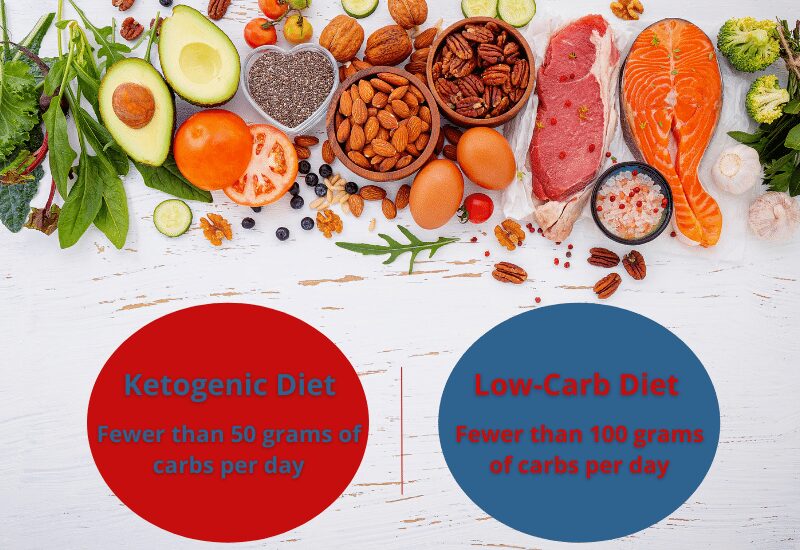What Is A Ketogenic Diet?
A ketogenic diet is a low-carbohydrate, high-fat diet that forces the body to burn body fat instead of carbohydrates for fuel.
The goal of a ketogenic diet is to induce a state of ketosis (by eating fewer than 50 grams of carbohydrates per day) so your body is forced to burn stored fat for energy.
This can lead to a variety of benefits, including weight loss, improved mental clarity, and increased energy levels.
There are a few different ways to follow a ketogenic diet, but the most popular is the standard ketogenic diet, or SKD.
The SKD is a 75% fat, 20% protein, and 5% carbohydrate diet. It usually consists of meats, eggs, cheese, fish, nuts, avocados, and oils.
There are a few things to keep in mind when following a ketogenic diet.
First, it’s important to make sure you are eating enough protein and calories to support your health and activity level.
Second, it’s important to avoid processed foods and sugars, which can knock you out of ketosis. Third, it’s important to be vigilant about your carbohydrate intake, especially when eating out.
Fourth, it’s important to supplement your diet with minerals like potassium, magnesium, and sodium, as you may lose them while following a ketogenic diet.
Finally, it’s important to drink plenty of water and stay hydrated, as dehydration can be a common side effect of ketosis.
How Does The Ketogenic Diet Work For Weight Loss?

By restricting carbs, you keep your insulin levels low, which puts your body into the fat-burning zone.
Over a week, your body uses up the carbs (glycogen) that are stored in your muscles and liver.
Once your glycogen is fully depleted, your body will use your body fat as fuel.
Hence, you’re in the “fat-burning zone”, as opposed to being a “sugar burner”.
Now you’re using body fat for energy throughout the day as opposed to relying on carbs.
The second way ketogenic diets help you lose weight is by suppressing your appetite.
Most folks, when adapted to this low-carb keto diet, will have fewer food cravings.
Your body adjusts to having fewer carbs in your system, and your sense of hunger changes.
You simply don’t have food cravings, which in turn helps you to eat fewer calories throughout the day.
Note- ketogenic diets aren’t for everyone.
If you’re very active, working out with high intensity, or involved in explosive sports, you may want to stick with a diet that includes carbs.
Carbs help you recover from your workout, and are a faster source of energy.
Ketogenic diets rely heavily on a high fat intake, with moderate protein.
Benefits Of The Ketogenic Diet
One of the benefits of a ketogenic diet is that you’re not counting calories.
Proponents of the keto diet say that simply keeping carbs very low (under 50 grams per day) helps you control your appetite enough that you’re not going over your calorie allotment for the day.
I’ve seen folks who do well on the ketogenic diet without paying attention to their calorie intake. However, I’ve seen more clients who have tried keto and after a month, they were at the same weight.
This is why I suggest keeping an eye on your fat intake- not obsessively, but just keep in mind that the calories from fat add up pretty quickly.
For example, if you’re eating steak- cut off the visible fat. Don’t add extra butter to your food. Don’t load up on bacon.
Yes- bacon is delicious. But, bacon is loaded with fat. Which means bacon is loaded with calories.
And, as you know from reading MCNewsletters, calories in vs. calories out determines whether you lose weight or not.
What’s The Difference Between A Ketogenic Diet and a Low-Carb Diet?

A ketogenic diet keeps your carb intake under 50 grams per day. A low-carb diet can go up to 100 grams of carbs per day.
If you’re interested in trying the either diet, give it a shot. Keep an eye on your carb intake, and start a food journal. Note how you feel physically and mentally.
If you start with keto and feel weak or unfocused after the first two weeks, you can always increase your carbs to 100 grams per day and see how you feel.
If after a week you’re not feeling at your best, you’ll want to try another type of diet, such as the Mediterranean diet.
Many folks have also tried intermittent fasting with great success.
Is a low carb, or high-fat ketogenic diet better than using a low-fat diet to lose weight?
Not necessarily. Research shows that there’s no specific weight loss benefit to either diet, as long as they are calorie equated.
This means if you’re on a low carb or standard ketogenic diet, taking in 1600 calories for the day, you’re not going to lose any more weight than if you were on a low carb diet taking in 1600 calories per day.
At the end of the day, a calorie deficit is the most important factor for weight loss.
Are there any benefits to going on a low carb or low-carbohydrate ketogenic diet, over a low-fat diet? Potentially, but it’s specific to your situation and preferences.
Some people love fatty foods and feel satiated after eating higher fat, moderate protein meals.
Some people love their rice and pasta and bread and feel great while keeping their fat low and protein/carb intake higher.
Again- as long as you’re creating a calorie deficit, you’ll lose weight on either diet.
